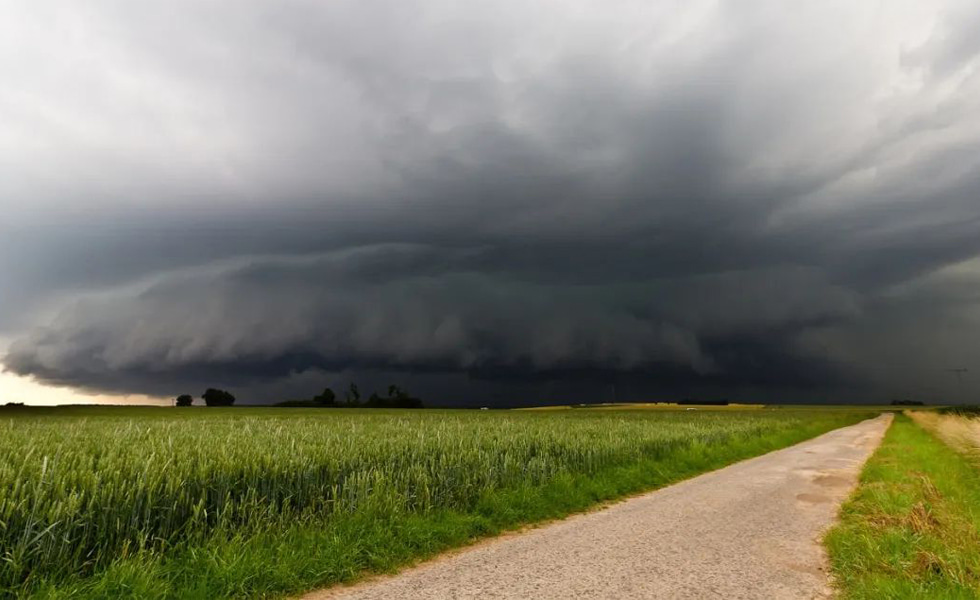
According to a report by GCube Insurance, the underwriter of the renewable energy project, the current testing of solar panels is insufficient to cope with the increasingly severe extreme weather events in North America.
The frequent loss of solar power plant revenue during a series of extreme weather events suggests that PV technology is "behind the times" when it comes to improving the weatherability of modules, the study said.
GCube said that the minimum requirements for solar technology to be subjected to the impact test for hail resistance are easy to pass. The International Electrotechnical Commission hail test used a 25mm projectile, which is half the average size of the "very severe" hail that often occurs in North America.
"At the same time, there is still no requirement for microcrack testing, a critical issue that poses considerable problems for insurers," the report reads.
The U.S. renewable energy market just experienced its worst summer in natural disaster claims on record, with early summer Texas hailstorms estimated to have cost more than $300 million in solar energy system, according to the study titled "North American Natural Disaster Update."
GCube said that while total claims are still being calculated, the secondary limit of damages in excess of $50 million has been repeated several times due to extreme weather events such as hail, tornadoes and torrential rain, "clearly demonstrating the need for improved modelling and more efficient make use of existing meteorological data."
Fraser McLachlan, chief executive of GCube, said the deepening severity of losses and the industry's continued struggles with risk management were a worrying trend.
"The unprecedented growth potential unleashed by the Inflation Reduction Act will be nothing if the North American renewable energy industry cannot cope with extreme weather risks."
McLachlan called for a concerted effort across the value chain to strengthen policy efforts, improve data utilization and update modeling and testing procedures.
Research released earlier this year by GCube found that supply chain woes, soaring energy prices and the COVID-19 pandemic have reversed the decline in average claims related to business disruptions by renewable energy developers, and the average number of downtime days in the solar industry has nearly doubled. for a while.
